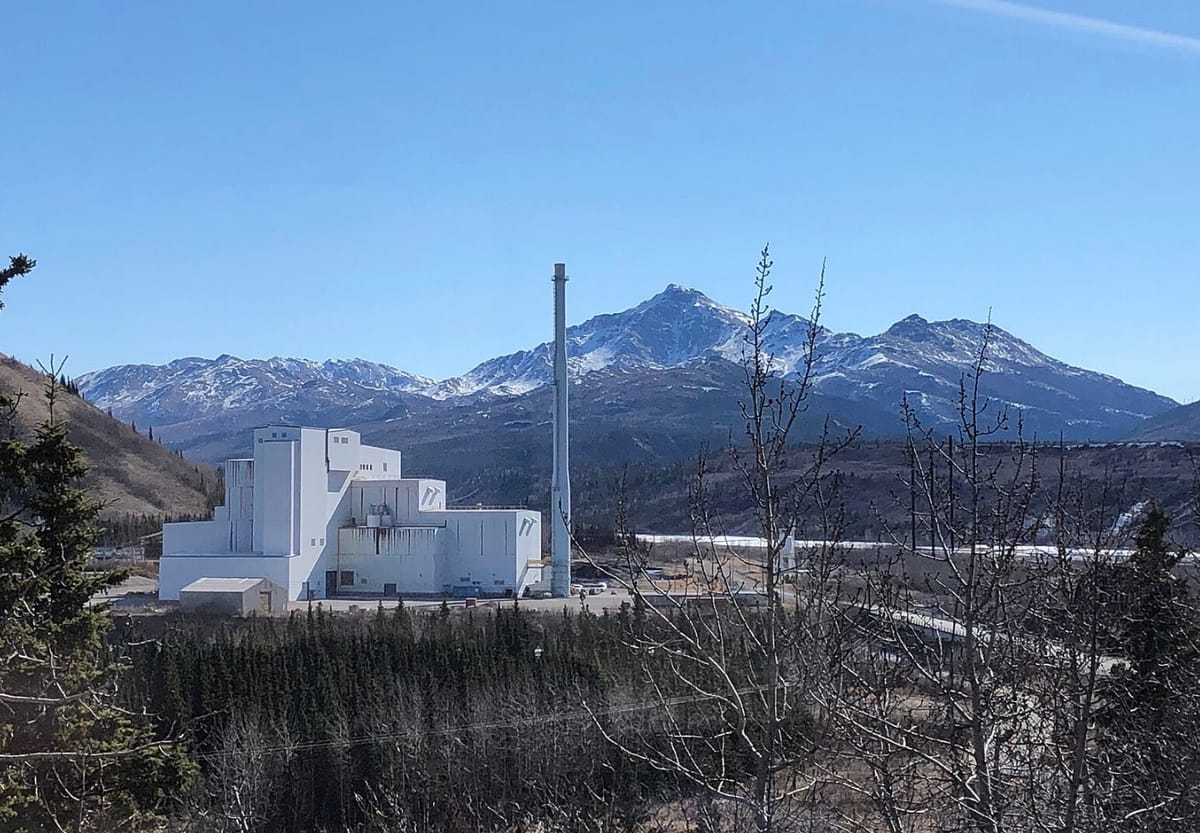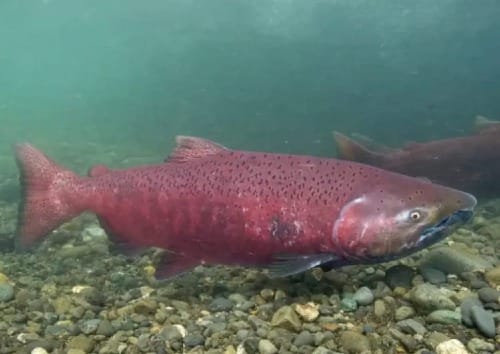Alaska lawmaker’s bid to revive stalled green energy policy defines coal as “clean”
Sutton Republican Rep. George Rauscher says he wants to encourage innovation without leaving fossil fuels behind. But one critic is blasting his new bill as a “jumbled mess.”

This edition of Northern Journal is sponsored by The Boardroom, a shared workspace in Anchorage. The Boardroom’s array of comfy and light-filled workspaces are a great change of pace from my home office; did you know there’s also a shared ski pass for Alyeska Resort that you can borrow if you’re a member? Check out options here.
Northern Journal is a reader-supported publication. To receive new posts and support my work, consider becoming a free or paid subscriber.
Burning coal to make electricity generates significantly more carbon pollution than using natural gas for the same purpose.
But a new bill drafted by Sutton Republican Rep. George Rauscher still seeks to define coal-generated electricity as “clean energy” — putting it on the same footing as wind, solar, tidal and hydroelectric power.
The proposed legislation, House Bill 368, is Rauscher’s bid to advance an energy policy debate that has otherwise stalled at the Alaska Capitol.
“There’s a reality to keeping the lights on and keeping everybody warm today,” Rauscher said. “As opposed to the vision of what we’re going to have in the future.”

Conservation and other advocacy groups have been pressing lawmakers to require Alaska’s urban utilities — which serve residents and businesses between Fairbanks, Anchorage and the Kenai Peninsula — to generate more of their electricity from sources like wind and solar. Such a policy is known as a renewable portfolio standard, or RPS.
The utilities currently generate some 80% of their power from fossil fuels — namely natural gas, and some coal. But amid tightening gas supplies, advocates are pushing lawmakers to pass an RPS that requires the utilities to generate 80% of their electricity from renewable sources by 2040.
Two legislators — Anchorage Democratic Sen. Löki Tobin and Wasilla Republican Rep. Jesse Sumner — have each proposed bills with those targets. A preliminary analysis by federal energy researchers found that meeting them would not meaningfully raise prices for consumers because the costs of renewable power projects are already competitive with natural gas plants.
But both bills have stalled amid skepticism from some utility leaders, and concerns from legislative Republicans about moving away from fossil fuel-based power sources. Even as advocates have hired lobbyists to push the legislation forward, no hearings on the two bills have taken place since this year’s legislative session began in January.
Sumner’s bill is languishing in the House Energy Committee chaired by Rauscher, while Nikiski GOP Sen. Jesse Bjorkman, the chairman of the Senate Labor and Commerce Committee where Tobin’s bill is stuck, has vowed to block RPS legislation.
Rauscher said his new bill aims to break that gridlock. Included in its expansive definition of “clean energy” are other sources of electricity that have drawn industry interest, like nuclear power; it also sets a less aggressive target of 60% clean energy by 2051, and gives utilities even more time unless the state makes expensive upgrades to Alaska’s electrical grid.
The RPS legislation “was not going to work,” Rauscher said. “It was dead.” He said he drafted several versions of his bill and discussed his ideas with stakeholders, including utilities, members of a state energy task force, regulators and green power advocates.
“This was, ‘Okay, let’s look at this from a different angle,’” he said. “What we want to do is incentivize the utility companies to try alternative measures. But yet we don’t want to rule out the fact that there are existing things we are utilizing right now — like coal, up in the Fairbanks area, there’s power plants — we don’t want to say, ‘You’ve got to dismantle those.’ We’re not saying that we’re going to move completely off of hydrocarbons so fast it’ll make your head spin.”
Rauscher’s proposal, and particularly its treatment of coal, are already drawing derision from boosters of renewable energy, however. Erin McKittrick, a Seldovia-based writer and analyst, described the bill as a “jumbled mess” in a blog post that first reported the bill’s definition of coal as a clean energy source.
McKittrick said it was “nonsensical” to call coal clean while excluding natural gas, which emits less carbon per unit of electricity generated, from the same treatment. She also poked holes in other elements of the legislation, like how it would only give utilities credit for renewable power projects that they own — rather than projects built by private developers that sell electricity back to them.
Rauscher described that omission as an oversight that will be fixed.
Other supporters of more aggressive renewable energy targets were more charitable, saying they object to the coal provisions of Rauscher’s bill but are eager to see negotiations advance at the Capitol.
“For me, the general interest is in how we’re going to get to yes. And I’m excited to see other folks putting their ideas and concepts on the table,” said Tobin, the sponsor of the Senate RPS bill. “I personally think that we need to be putting our resources toward diversification and moving toward a future that reduces our carbon footprint, our carbon impacts. However, I think the strength of the Legislature in Alaska is that we’re willing to have these difficult conversations and negotiate.”
Rauscher has scheduled his bill for its first hearings, in the energy committee he chairs, next week.
I make Northern Journal’s stories available, for free, to news outlets — and Alaskans — across the state. I only earn money when readers pay for a voluntary membership. If you find this information useful, please consider joining. If you’ve already signed up, thanks so much for your support. Want to advertise? Check out Northern Journal’s ad policy.



